I hate to do this to you guys, but did you have your cup of coffee today? Because hopefully by the end of the show you’ll agree with me that the best thing you can do tomorrow morning is start thinking about that choice. Yes, the media will tell you in moderation it’s okay. I want to use the science today and have you decide–can you afford that cup?
Coffee is a fascinating story. Coffee was first, in a sense, discovered in the Middle East a long time ago. Maybe back then, you could afford to do it–things were different. Maybe you could get away with it. You can’t today and let me tell you why. Let’s use the science here to understand what coffee actually does. That’s the key.
Drugs are always messing around at the receptor site, the space in between the neurons. The transition of certain types of electrical impulses and the neurotransmitters–from dopamine and serotonin and so on–in between those neurons is always where that elixir will live. Whether it’s caffeine, cocaine, or marijuana.
Now take a look at adenosine. Adenosine slows you down. Adenosine gets you ready for sleep. It’s a parasympathetic initiator, which means it gets you ready to digest. It gets you ready for higher level creative thought, it gets you ready to relax. It’s a modulator of nerve impulse, and it’s got to bind to its receptor sites along the nerve pathway.
Now caffeine blocks the receptor site that adenosine would otherwise bind to. When caffeine competes with those same receptor sites that the adenosine would otherwise bind to, when it competitively inhibits, you don’t get the “slow down” part of it. You get the speed up part of it and we could call this strength, peak power, and delayed fatigue, and because it stimulates production of dopamine we could say you get an enhanced elation, a euphoric feeling, and we could say in a sense that’s all good.
The purpose of caffeine in the plant is a protective pesticide. The function of caffeine in our body is a shock and what do our bodies do? I find this fascinating– what do our bodies do when we eat something that shocks us? We go into adrenal stress.
A message goes to the adrenals and the adrenals are squeezed. It’s a shock. It’s like you’re tired, you’re fatigued, and boom–something shocks your system. That moment where you just didn’t feel like moving and all of a sudden you’re at high speed. The best one is when the alarm clock forgot to go off. Think of that morning, you forgot to set the alarm clock. You woke up. You had that pit in your stomach. And you dash out of bed, run out the door with half your clothes on and get to work only 10 minutes late.
That type of a moment, that’s what coffee is doing all the time. What you’re doing with coffee consumption is you’re squeezing your adrenals to produce the amount of adrenaline that they can summon up and the amount of cortisol. If your cortisol spikes, one thing you’re going to do is surge your insulin and if your cortisol and insulin spike, you’re going to mobilize your sugars out of your liver and into your muscles for increased energy, but you’re also going to send every little bit of sugar to your fat. Increased cortisol increases the conversion of your essential fatty acids, your sugars to fat. In an emergency, the increase in adrenaline and the surge of cortisol will function for your well-being, thus you’re late for work and you’ve got the energy to zoom.
But if you’re consuming it for years—it brings your cortisol up to high levels at all times. High cortisol is the downside to the stress response. High cortisol keeps us in a sympathetic dominant state. High cortisol blocks repair. High cortisol will block the S4 phase of sleep, the repair state of sleep.
And people out there looking for nutritional help, looking to get out of disease are doing it–and forcing themselves into sympathetic dominance. Do you know, if you’re on caffeine, you can’t even clean your palate. Caffeine changes the receptor sites in the tongue. The way you experience food is dramatically altered.
Coffee is a vasoconstrictor. The chronic use of caffeine is going to make that neck pain worse. The chronic use of caffeine is going to withdraw blood from your hands and feet. Go ahead, feel your hands and feel your feet. If you’re a chronic caffeine drinking, they’re cold because you are chronically vasoconstricted in the periphery. You’re also vasoconstricted in the brain.
Caffeine interferes with the production, with the transmission or the chemical initiative of GABA, gamma-aminobutyric acid. GABA is part of what puts your gut in parasympathetic frame. It allows your intestinal villi, those little snail-like antennas, gazillions of them on the inside of your intestinal tract, to relax. Your IBS, your colitis, your diarrhea, your ulcerations, your constipation–all are a matter of the intestinal villi squeezing and twisting and screaming in anguish and agony and you can’t absorb your food and you inflame. All of the parasympathetic, intestinal villi, GABA enteric nervous system is completely and totally annulled. It is neutralized in the presence of caffeine.
Click to view full article on Deer Antler Cordyceps

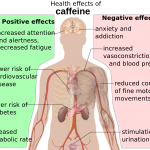
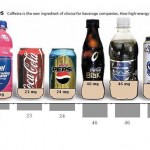
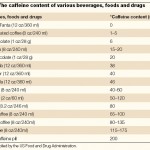
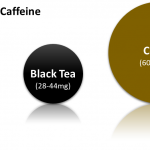
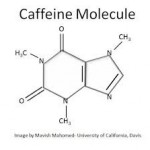
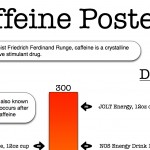

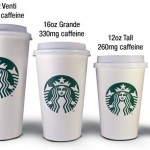
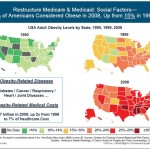
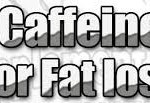

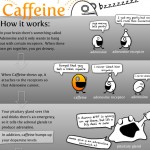
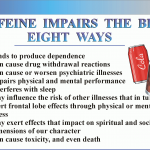
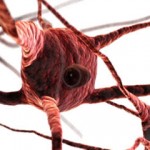
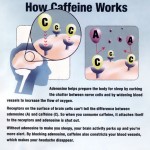
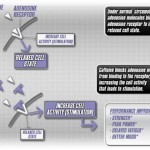
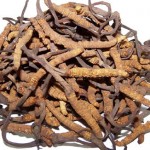


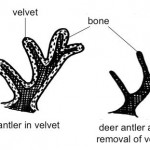
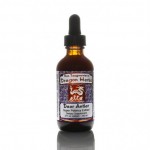
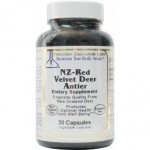
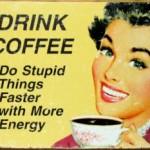
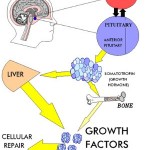
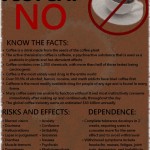
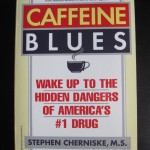
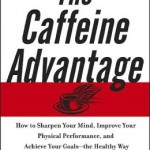

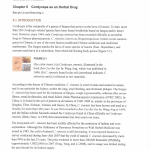
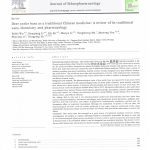
3 Responses
GREAT show today!
I find that for me; your explanation of the creation of new receptor sites for adenosine very useful. If I eat right, stay hydrated and exercise for a few days, I get so high I don’t know what to do with myself. Now I know why. Thank you so much. With this new knowledge, I hope to stay the course.
I am 3 weeks coffee free, from 25 years and 2 pots a day. Thank you, Dr. Medici!!!!!!!
Julie-Colorado